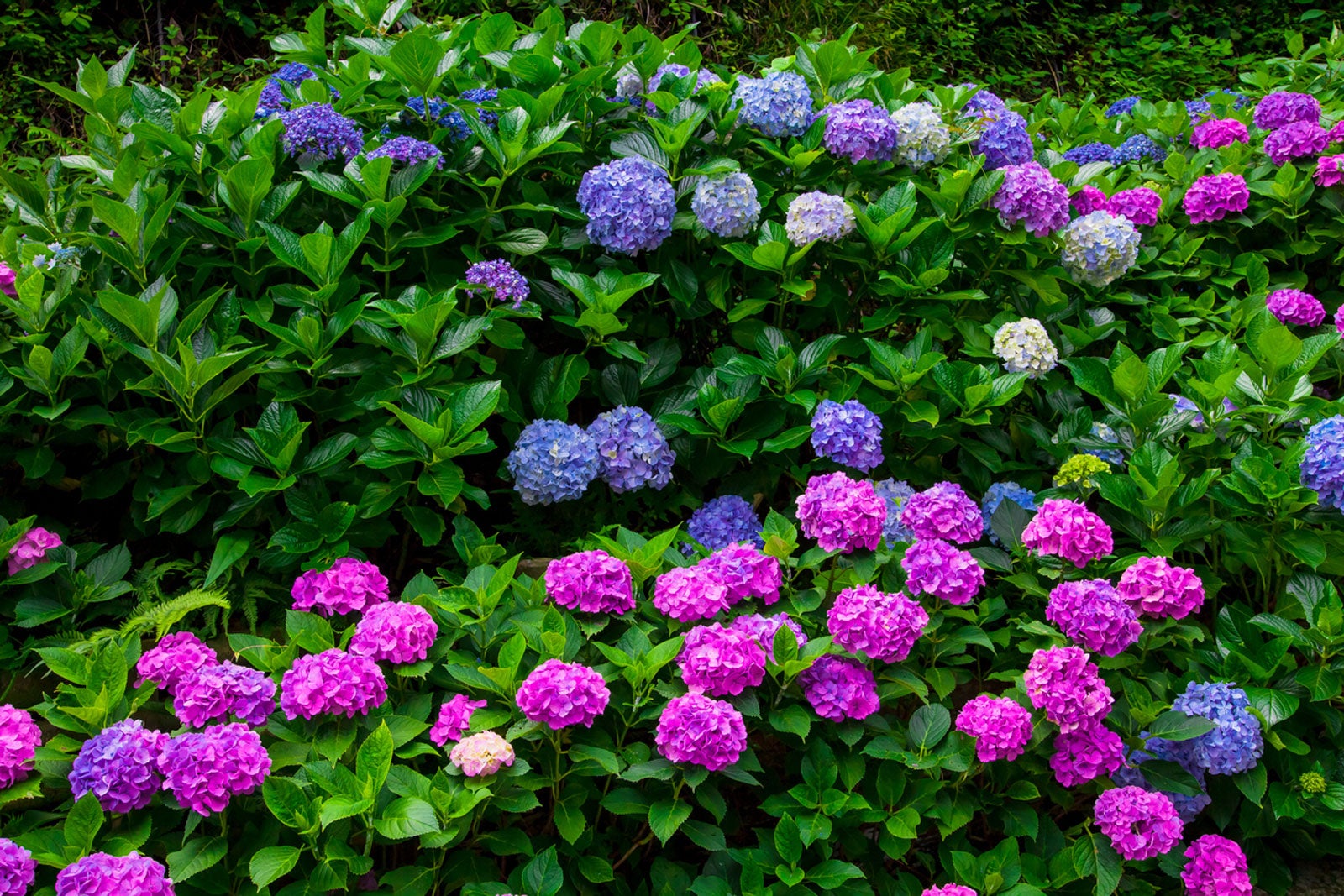Do Hydrangeas Attract Ants
Hydrangeas are often admired for their beautiful blooms and lush foliage. However, if you are considering adding hydrangeas to your garden, you may be wondering if they attract ants. In this article, we will explore this question and provide you with valuable information on do hydrangeas attract ants and related keywords.
Pain Points Related to Do Hydrangeas Attract Ants
Ants are often seen crawling on the stems and leaves of plants, which can be concerning for some gardeners. Whether you have a phobia of ants or want to protect your plants from potential damage, it is important to understand if hydrangeas attract ants.
Answer to Targeted Question
The good news is that hydrangeas do not attract ants directly. Ants are commonly found in gardens because they feed on the sweet, sticky honeydew produced by aphids and other sap-sucking insects. These insects, in turn, are attracted to the nectar and pollen produced by the flowers of hydrangeas. Therefore, if you have ants on your hydrangeas, it is likely due to the presence of other insects.
Summary of Main Points
In summary, while hydrangeas themselves do not directly attract ants, they can indirectly attract ants through other insects that are attracted to the blooms and leaves. It is important to monitor your hydrangeas for signs of insect infestations and take appropriate measures to control them to avoid attracting ants.
Do Hydrangeas Attract Ants? Personal Experience and Explanation
As an avid gardener, I have found that hydrangeas can attract ants, especially when aphids are present. When aphid populations are high, they excrete large amounts of honeydew, which ants feed on. I have also noticed that ants can protect aphids from natural predators, such as ladybugs, in exchange for access to their honeydew. This mutualistic relationship between ants and aphids can be detrimental to the health of your hydrangeas, as aphids can damage plants by feeding on their sap.
To prevent ant infestations on your hydrangeas, it is important to remove any aphids or other sap-sucking insects from your plants as soon as they are detected. You can also use natural predators, such as ladybugs, to control aphid populations. Additionally, ants can be deterred by using ant-repellent barriers around the base of your hydrangeas or creating physical barriers using sticky tape or petroleum jelly.
How to Control Ants on Hydrangeas
If you have an ant infestation on your hydrangeas, there are several methods to control them. One method is to use a natural ant repellent, such as citrus peels or cinnamon, around the base of your plants. You can also make a homemade ant trap using Borax and sugar, which can effectively kill the ants. Another option is to use a commercial insecticidal soap or spray to control any insect infestations on your plants.
Busting the Myth: Do Ants Benefit Hydrangeas?
Contrary to popular belief, ants do not benefit hydrangeas. While ants can help to pollinate some plants, they do not pollinate hydrangeas. In fact, they can actually be harmful to your plants by feeding on the sap and protecting other harmful insects from natural predators.
Do Hydrangeas Attract Fire Ants?
Fire ants are not typically attracted to hydrangeas, but they can be found in gardens that are rich in organic material. To avoid fire ant infestations, it is important to keep your garden clean and tidy and avoid leaving food or debris lying around.
Question and Answer
Q: Do ants harm hydrangeas?
A: While ants themselves do not harm hydrangeas, they can indirectly harm them by protecting other harmful insects, such as aphids and mealybugs, from natural predators.
Q: Are ants necessary for pollination?
A: No, ants are not necessary for the pollination of hydrangeas. Hydrangeas are primarily pollinated by bees and other insects that are attracted to their blooms.
Q: How can I keep ants off of my hydrangeas?
A: To keep ants off of your hydrangeas, it is important to remove any insect infestations as soon as they are detected. You can also use natural ant repellents or create physical barriers to keep ants away from your plants.
Q: Can ants damage hydrangea blooms?
A: While ants themselves do not damage hydrangea blooms, they can indirectly harm them by protecting other harmful insects, such as aphids, that can damage plant tissue and reduce bloom quality.
Conclusion
Overall, while hydrangeas do not directly attract ants, they can indirectly attract them through other insects. To control ants on your hydrangeas, it is important to monitor your plants for insect infestations, remove any pests as soon as they are detected, and use natural or commercial methods to control ants. By following these simple steps, you can ensure that your hydrangeas remain healthy and free from pesky ant infestations.
Gallery
How Long Do Hydrangeas Bloom? (Plus Tips To Control The Bloom Quality

Photo Credit by: bing.com / hydrangeas hydrangea macrophylla tipsbulletin thepracticalplanter
Do Hydrangeas Attract Butterflies, Ants & Bugs? - WTS

Photo Credit by: bing.com /
Getting Hydrangeas To Rebloom – Will Hydrangeas Rebloom If Deadheaded

Photo Credit by: bing.com / hortensja hydrangeas hydrangea rebloom ogrodowa reblooming varieties fot gardeningknowhow
Do Hydrangeas Attract Bugs - WHATODI

Photo Credit by: bing.com /
Do Hydrangeas Attract Bees, Butterflies, Ants & Bugs?

Photo Credit by: bing.com /